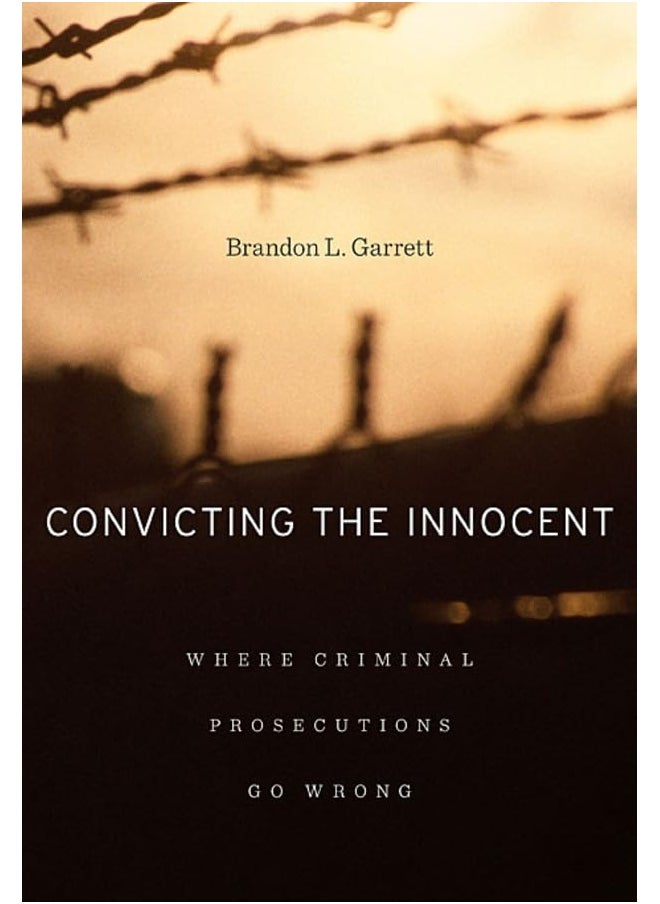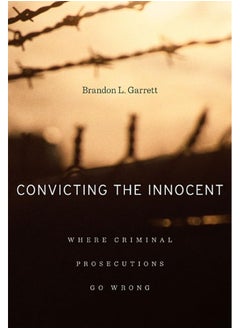Free & Easy Returns
Best Deals



| Publisher | Harvard University Press |
| ISBN 13 | 9780674066113 |
| ISBN 10 | 674066111 |
| Author | Brandon L. Garrett |
| Book Format | Paperback |
| Language | English |
| About the Author | Brandon L. Garrett is the L. Neil Williams, Jr., Professor of Law at Duke University School of Law. |
| Publication Date | 2012-09-03 |
| Number of Pages | 376 pages |


We're Always Here To Help
Reach out to us through any of these support channels
electronics
mobilestabletslaptopshome appliancescamera, photo & videotelevisionsheadphonesvideo gamesfashion
women's fashionmen's fashiongirls' fashionboys' fashionwatchesjewellerywomen's handbagsmen's eyewearhome and kitchen
bathhome decorkitchen & diningTools & Home Improvementaudio & videofurniturePatio, Lawn & Gardenpet suppliesbeauty
fragrancemake-uphaircareskincareBath & Body Electronic beauty toolsmen's groomingHealth Care Essentials




